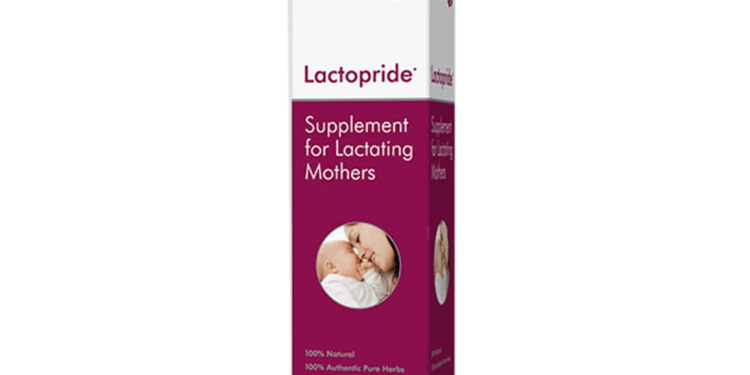Table of Contents
Lactation is common after a woman has given birth, and it can sometimes occur during pregnancy too However, it is possible for both women and men to produce a milky discharge from one or both nipples without being pregnant or breastfeeding This form of lactation is called galactorrhea
Accordingly, Can I breastfeed my husband without being pregnant? Generally speaking, breastfeeding your husband or partner is OK It’s not perverted or wrong if you want the person you are intimate with to breastfeed, or if they ask to try breastfeeding or taste your breast milk
Can a woman produce milk forever? There is no maximum age, up to which a mother can produce breast milk Whenever the pregnancy happens, the lactogen process starts immediately Usually after the age of 40, there are certain hormonal changes in the body, due to which the production of the breast milk is hampered
How many years can a woman produce breast milk? The World Health Organization’s guidelines recommend “continue[d] frequent, on-demand breastfeeding until two years of age or beyond Extended breastfeeding means breastfeeding after the age of 12 or 24 months, depending on the source
Further, Can you trick your body into breastfeeding? The answer is: Yes Breastfeeding an adopted baby through induced lactation is possible, but it takes plenty of planning, introspection, and support When you haven’t given birth, building up breast milk supply involves “tricking” your body with cues that tell it to produce milk
Can a 50 year old woman breastfeed?
It is possible for a woman who has NEVER been pregnant to produce milk and to breastfeed her child It is possible for a woman who is post-menopausal to lactate It is possible for a family to contain 2 mothers (one of whom gave birth and the other didn’t) and both can breastfeed their child
How can I induce lactation without hormones?
Non-pharmacologic methods may involve women inducing lactation via breast stimulation through hand expression, using a breast pump, via direct suckling at the breast, or using a supplemental nursing system
What is the most milk a woman can produce?
Mothers who exclusively breastfeed twins or triplets can produce 2,000 to 3,000 g/day, although this involves nursing an average of 15 or more times per day (Saint et al, 1986) Women who express surplus milk for a milk bank have been shown to produce as much as 3,000 g/day (Macy et al, 1930)
How can I increase my breast milk fast?
How to increase your supply
- ensure that baby is attaching well and removing milk efficiently from the breast
- be prepared to feed your baby more frequently — breastfeed on demand every 2-3 hours at least 8 times in 24 hours
- switch your baby from one breast to the other; offer each breast twice
What foods increase breast milk?
Foods and Breast Milk Just eat a balanced diet that includes a variety of vegetables, fruits, grains, protein, and a little bit of fat Some research shows that garlic, onions, and mint make breast milk taste different, so your baby may suckle more, and in turn, you make more milk
Will pumping every 2 hours increase milk supply?
Pumping every two hours throughout the day should also help to increase your milk supply It is recommended to pump at least every three hours during the day
Does drinking water increase breast milk?
Here comes the age-old question: Does drinking water increase milk supply? According to research published in the journal Pediatrics, drinking lots of water will not necessarily increase the amount of milk you produce (5)
Should I keep pumping if no milk is coming out?
In short, you should pump until milk isn’t coming out any more Or, if you’re trying to boost your supply, pump a little while longer after the milk stops flowing
Does drinking more water increase breast milk?
Here comes the age-old question: Does drinking water increase milk supply? According to research published in the journal Pediatrics, drinking lots of water will not necessarily increase the amount of milk you produce (5)
What should u not eat when breastfeeding?
5 Foods to Limit or Avoid While Breastfeeding
- Fish high in mercury
- Some herbal supplements
- Alcohol
- Caffeine
- Highly processed foods
What shouldn’t you eat while breastfeeding?
Common culprits include beans, broccoli, cabbage, and Brussels sprouts Bloating, burping, and passing gas are normal But if your baby is gassy or has colic, avoid these foods for a few weeks to see whether they relieve the symptoms






